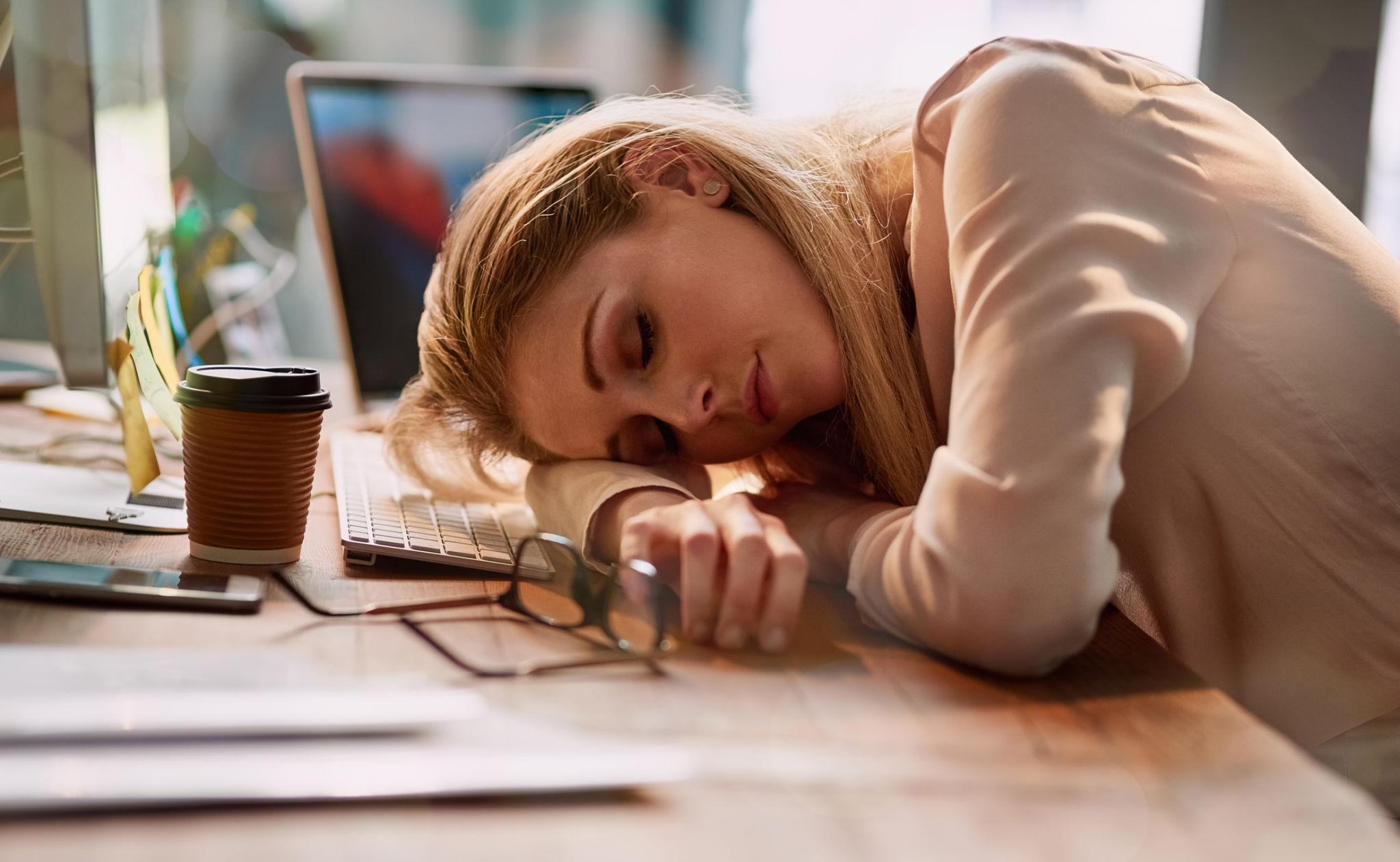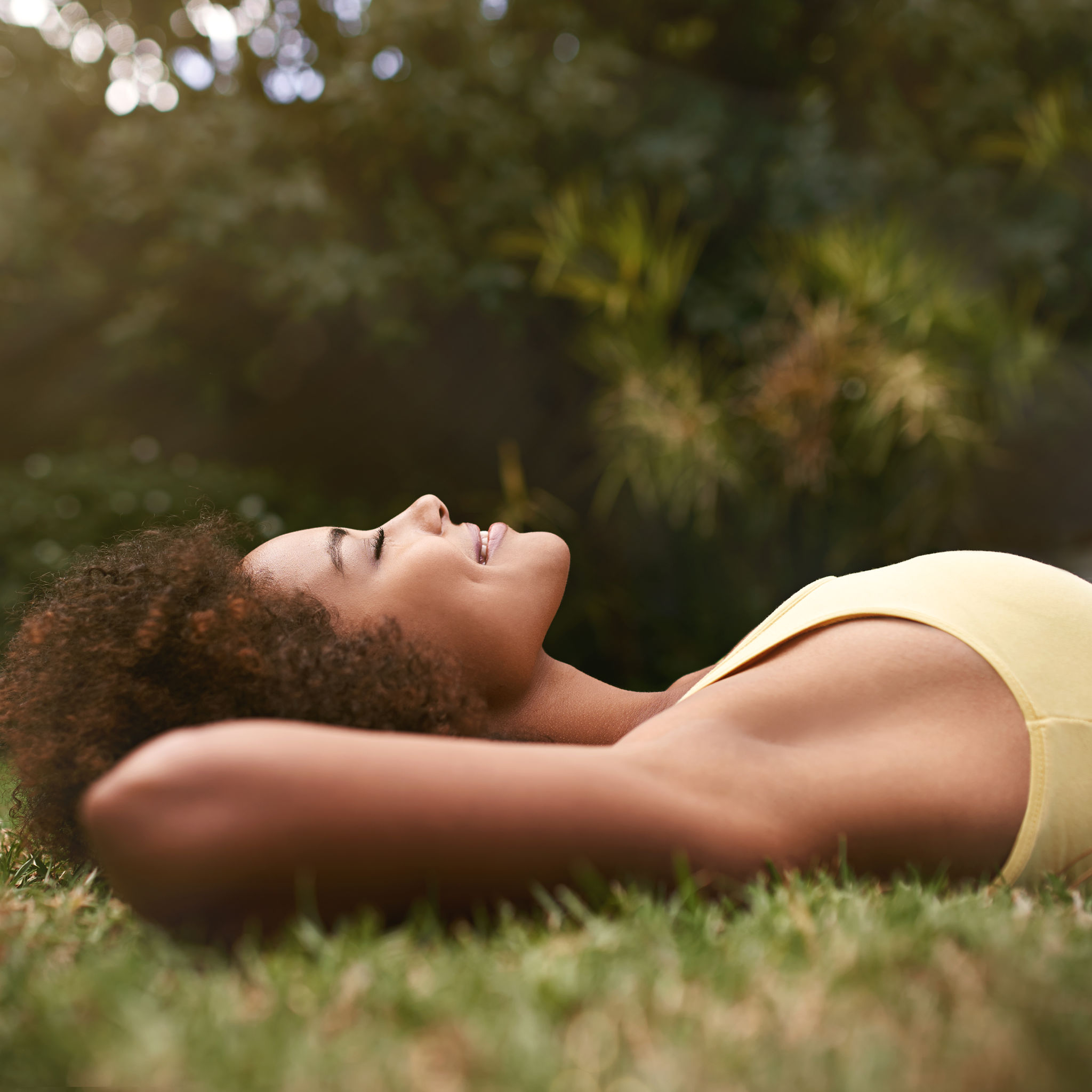💤 The Truth About Sleep: Why You’re Not Getting Enough and What to Do About It
As a hypnotherapists we have worked with thousands of clients whom for them sleep has been part of their issue. So here are a few tips that you might find helpful if you struggle with sleep.
If you wake up feeling foggy, restless in the night, or struggle to fall asleep, you’re not alone. Most adults in the UK aren’t getting the quality sleep their bodies and minds need—and the impact goes far beyond tired eyes and yawns at your desk.

Here’s what’s really going on with our sleep… and what we can do about it.
🌙 Why Aren’t We Sleeping Well?
Modern life isn’t designed for restful sleep. We’re overstimulated, overworked, and constantly connected. From artificial lighting and late-night phone use to stress and inconsistent routines, it’s no surprise our natural sleep cycles are out of sync.
Even when we do sleep, it’s often poor quality—fragmented, shallow, and not long enough to repair and reset the brain.
⏰ How Much Sleep Do We Really Need?
Most adults need 7–9 hours of good-quality sleep each night. But this varies. If you’re waking up groggy, relying on caffeine, or feeling irritable and foggy, chances are you’re not getting enough restorative sleep—even if the hours look okay on paper.
🧠 Poor Sleep and Mental Health
There’s a strong link between sleep and mental health. In fact, poor sleep doesn’t just worsen anxiety and depression—it can help cause them. Without enough restorative sleep, our emotional brain becomes overactive while our rational brain slows down. This can make small worries feel overwhelming, and leave us stuck in a loop of anxiety, stress, and exhaustion.
🌀 The Two Sleep Phases That Matter Most
The key to waking up refreshed lies in two critical phases:
Deep sleep (slow-wave sleep): Helps your body recover and grow
REM sleep: Processes emotions and strengthens memory
To get both, stick to a regular sleep routine, reduce screen time before bed, and expose yourself to natural daylight in the morning.
🌬️ One Simple Breathing Pattern That Helps You Fall Asleep Fast
Try the 4-7-8 breathing technique:
Inhale through your nose for 4 seconds
Hold for 7 seconds
Exhale slowly through your mouth for 8 seconds
This slows your heart rate and soothes the nervous system—ideal for easing into sleep.
🔦 The “Slower, Quieter, Dimmer” Trick
Sleep expert Matthew Walker popularised the idea of creating a bedtime environment that gets gradually slower, quieter, and dimmer. In theatrical sleep experiments, entire audiences nodded off as lighting and noise gently faded—no lullaby required.
At home, replicate this by turning down lights and volume an hour before bed, switching off devices, and easing into a calming routine.
📱 Sleep and Technology: Friend or Foe?
It’s not about banning phones, but how we use them. Social media or emails can trigger alertness. But calming music, meditation apps, or audiobooks can help you drift off. Use tech intentionally—and set it to night mode.
🌃 What to Do If You Wake Up in the Night
Waking in the night is normal. The key is to stay relaxed.
Don’t check the clock or reach for your phone
Try breathing exercises or visualising a peaceful scene
If you can’t settle, get up and read or listen to something calming—then try again
💤 Can You Tell if You Slept Well Without a Smart Watch or Tracker?
Yes! Ask yourself :
- Do I feel mentally alert?
- Am I emotionally balanced?
- Is my energy steady?
No device needed. Your body knows.

💊 Vitamins and Movement for Better Sleep
Good nutrition and gentle physical activity support deep sleep. Key nutrients include:
- Magnesium (leafy greens, seeds)
- Vitamin D (sunlight, oily fish)
- B vitamins (whole grains, legumes)
Daily movement—especially outdoors—also helps regulate your sleep-wake cycle.
🌅 The First 3 Hours Set the Tone
Morning light, movement, and nourishment help regulate melatonin and cortisol—the hormones that shape your sleep. Start your day well, and you set the stage for better rest at night.
🧘♀️ Can Resting With Eyes Closed Help?
Yes. Even if you’re not asleep, quiet wakefulness—lying still with your eyes closed—gives your brain a chance to recover. It’s not as restorative as sleep, but it’s close.

Final Thought
Sleep is not a luxury—it’s essential. If you’re not getting enough, it’s time to rethink your bedtime habits. You don’t need fancy trackers or expensive supplements—just simple routines, consistency, and the right mindset.
Better sleep is possible, and it starts tonight. If you would like to explore how hypnotherapy can help with your sleep, reach out..
